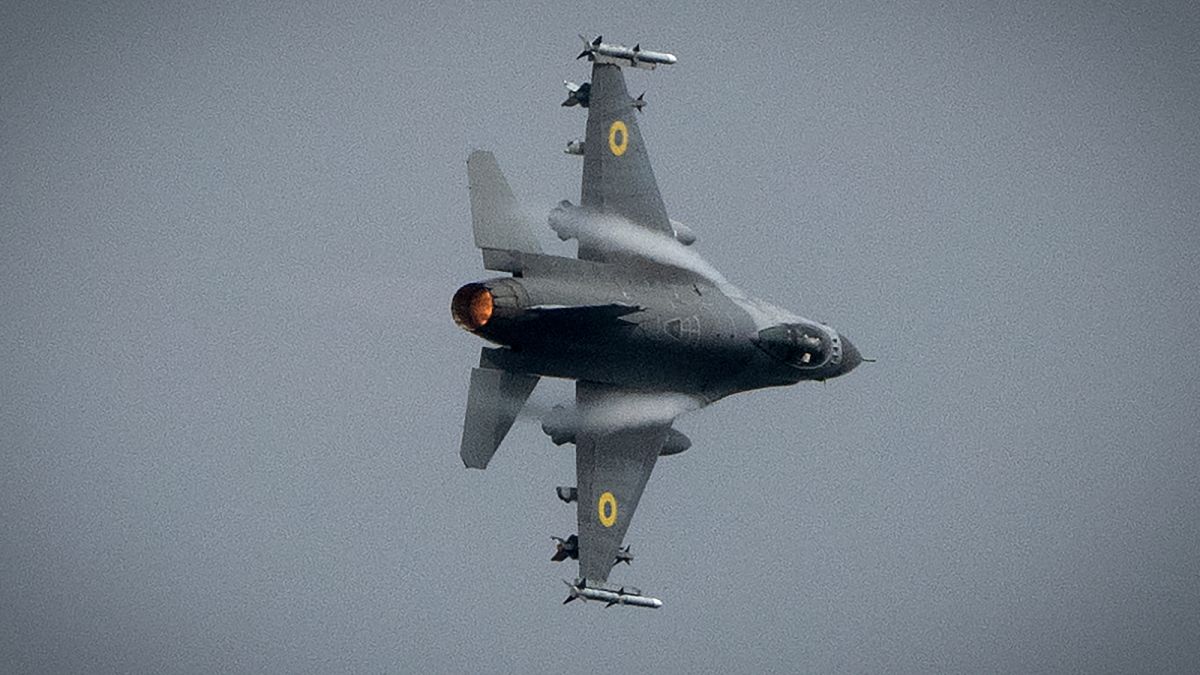

In recent days, international focus has intensified as multiple conflicts around the globe highlight the ongoing humanitarian challenges and the persistent quest for peace and security. From large-scale aerial assaults in Ukraine to the renewed violence in Gaza and nuclear concerns involving Iran, these events paint a complex and often somber picture of the current geopolitical landscape.
Ukraine experienced a significant escalation in the ongoing conflict with Russia, as the latter launched a massive aerial assault, deploying over 530 air assets in a single night. This attack marks one of the most substantial offensives in the ongoing conflict, emphasizing the volatility in Eastern Europe. The Ukrainian airforce confirmed the loss of an F-16 and its pilot, underscoring the human cost of these confrontations. In response, Ukrainian President Volodymyr Zelenskyy has urged Washington to supply more advanced missile defense systems, underscoring the precarious nature of the nation’s defense capabilities.
The Middle East remains a hotbed of tension as Israel and Gaza continue to be embroiled in hostilities. The stark reality of the conflict was felt acutely with at least 62 lives lost in Gaza following Israeli strikes. Amidst the humanitarian crisis, there’s been a glimmer of hope, with discussions and calls for peace talks being initiated by Qatar, reflecting an international desire to broker calm and alleviate the suffering of civilians caught in the crossfire.
In Iran, the reverberations of conflict have not been contained to military operations alone. A state funeral was recently held for military leaders and scientists who succumbed to strikes related to the conflict with Israel. This somber event brought out hundreds of thousands in Tehran, reflecting deep national mourning. Moreover, Iran has expressed skepticism over Israel’s commitment to a ceasefire, with officials stating their readiness to respond with force if provoked further. These tensions are compounded by the International Atomic Energy Agency’s remarks on Iran’s nuclear ambitions, projecting that enriched uranium production could resume within months, heightening concerns over potential nuclear proliferation.
Beyond these immediate conflict zones, the wider human impact is profound. The World Bank has reported a severe escalation of poverty in areas gripped by war, particularly in Africa, bringing hunger to over a billion people—a stark reminder of how conflict transcends battlegrounds to affect everyday lives globally. The socio-economic descent fuels a vicious cycle of instability, where prospects for recovery remain hindered by ongoing violence and political strife.
Meanwhile, in the Americas, concerns about organized crime violence have been amplified by revelations of the Sinaloa cartel’s technological dexterity. A U.S. Justice Department report disclosed how hackers affiliated with the cartel compromised security systems to identify and eliminate FBI informants, illustrating the pervasive influence of the cartel beyond traditional means.
As these events unfold, the interconnectedness of global security becomes increasingly evident. The cumulative effects of these tensions point toward a world where collaborative international efforts are crucial in averting further escalation and in striving for a future where diplomacy overpowers division.
In bridging the divides, the pathways to peace and human dignity might be reinforced, fostering an environment where hope can emerge amidst turmoil—a goal that continues to resonate deeply across nations regardless of current hardships.
Source: {link}
